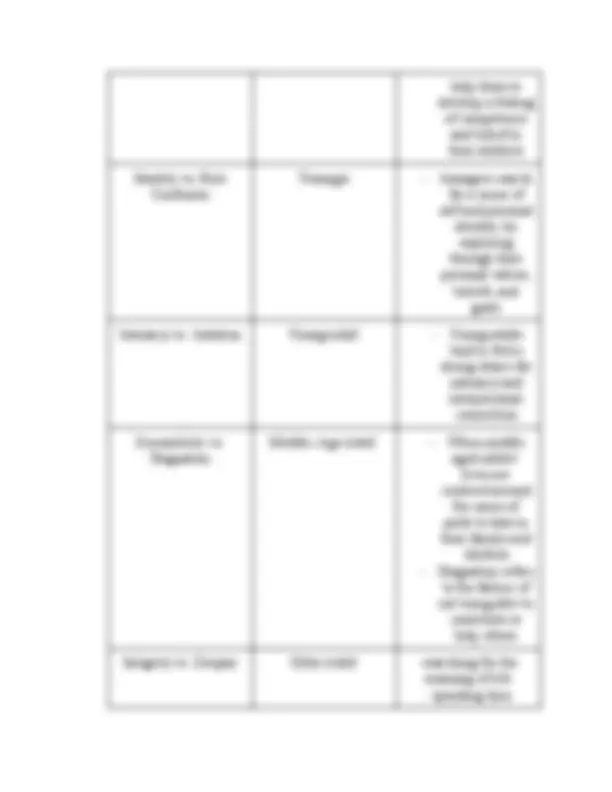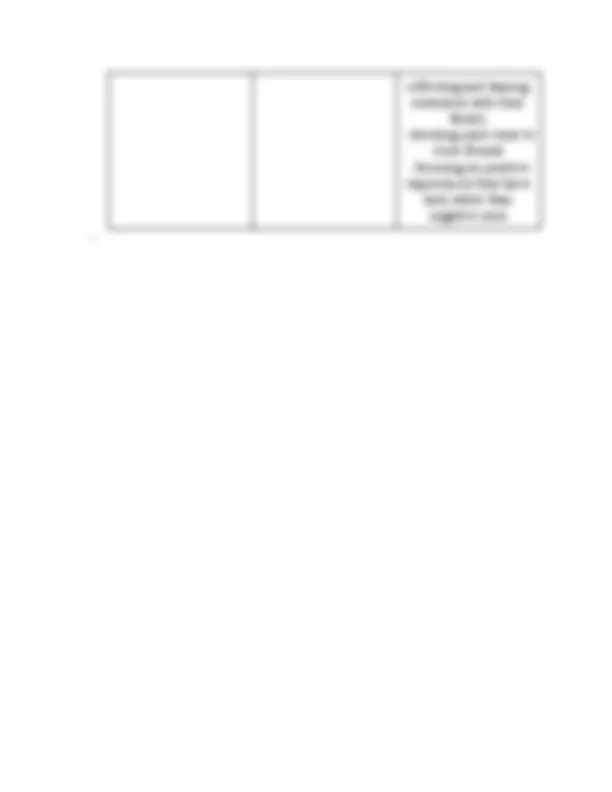




Study with the several resources on Docsity

Earn points by helping other students or get them with a premium plan


Prepare for your exams
Study with the several resources on Docsity

Earn points to download
Earn points by helping other students or get them with a premium plan
Community
Ask the community for help and clear up your study doubts
Discover the best universities in your country according to Docsity users
Free resources
Download our free guides on studying techniques, anxiety management strategies, and thesis advice from Docsity tutors
The stages of cognitive and psychosocial development according to Jean Piaget and Erik Erikson. Piaget's theory includes the sensorimotor, preoperational, concrete operational, and formal operational stages, with a focus on the types of thinking demonstrated at each stage. Erikson's theory includes eight stages of psychosocial development, with examples of conflicts and approximate age groups. a brief overview of each stage and its characteristics.
Typology: Study notes
1 / 4

This page cannot be seen from the preview
Don't miss anything!



Jean Piaget’s theory of cognitive development:
next time the baby is hungry, they will cry in hopes that the mother will hear them and feed them again Autonomy vs. Shame Toddler - Children begin to assert their independence by walking away from their mother
reflecting and sharing memories with their family